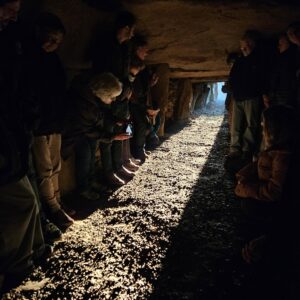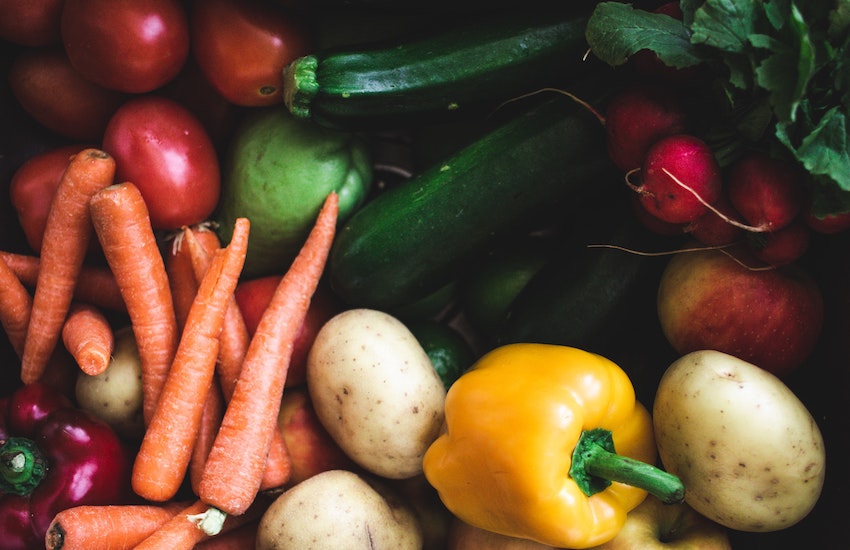
With the cost of living crisis driving up food prices, many people are looking for ways to save money on their grocery shopping. Here are some steps you can take to help cut the weekly food bill, while also supporting small businesses and boosting the local economy.
Buy seasonal
A simple way to save money is to buy seasonal fruit and vegetables. In-season products are typically cheaper than out-of-season items because they don’t need to be shipped long distances from other countries. So choosing seasonal can help cut your food bill and your food miles.
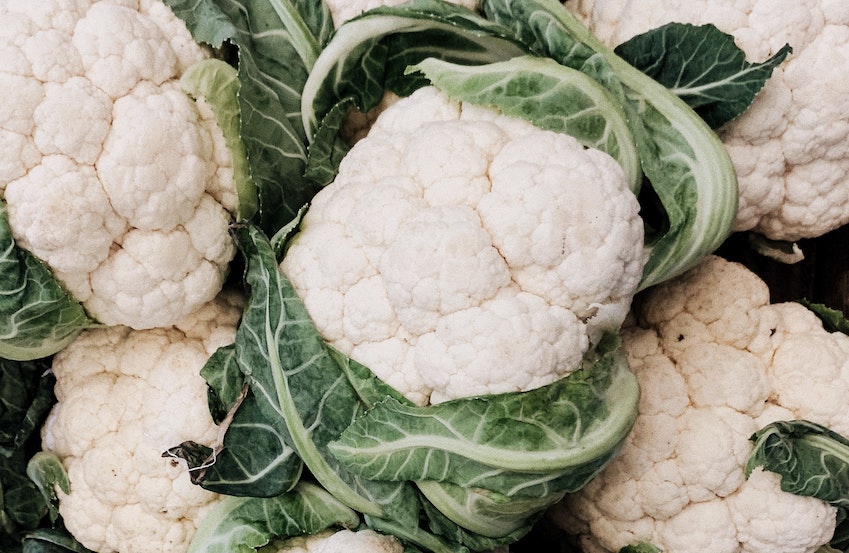
If you’re unsure what’s currently in season in Jersey, Genuine Jersey provides a helpful guide. Download their seasonal produce calendar via their website, or visit their social media accounts to see monthly updates.
Get loose
Buying loose fruit and veg can be good for your pocket and for the planet. When choosing unpackaged items, you can buy exactly the amount you need and won’t end up paying more for a larger bag that might ultimately go to waste. You’ll also be saying no to unnecessary packaging and helping tackle plastic pollution.
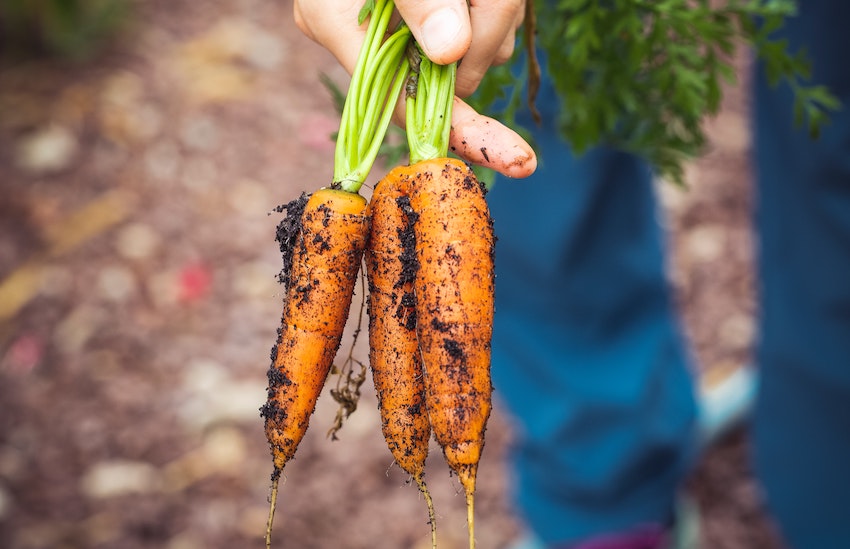
A recent study by sustainability charity Wrap found that plastic packaging doesn’t make produce last longer. In their research, buying loose products prevented food waste because people bought the right amount and used their judgement, rather than date labels, to decide if items were still good to eat.
Locally grown produce is usually unwrapped, especially if you buy direct from the grower.
Find a hedge veg
Do you have a hedge veg stall or farm shop near where you live? Or do you work in St Helier close to the Central Market? Find your nearest local producer using the Jersey Hedge Veg map and see if you can reduce your food miles and fuel bill.
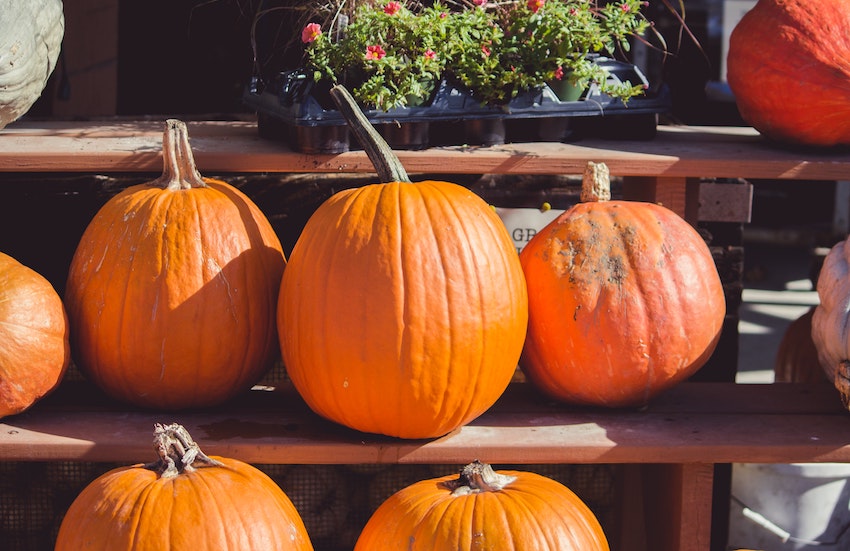
Cutting down on car journeys is an obvious way to do this, if you can walk or cycle instead. Shopping locally also cuts out several steps, including packaging, processing and distributing products to stores – all of which can bump up the price of products.
Waste less
Knowing the difference between best-before and use-by dates can help avoid needless food waste – and save money. Use-by dates are essential for perishable items that could cause food poisoning, such as fresh meat or fish. After the use-by date, the food is not considered safe to eat.
Best-before dates meanwhile are about quality, not safety. The food will be safe to eat after the date but the flavour and texture might not be as good.
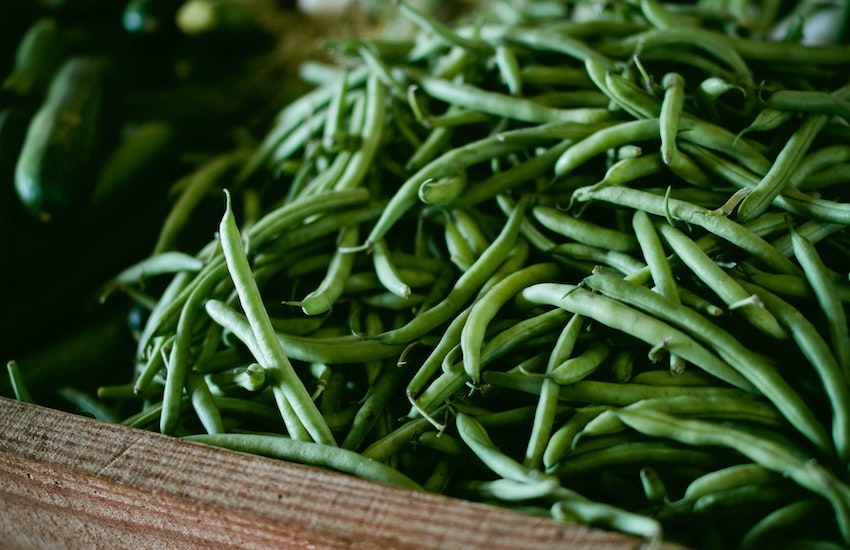
Some products though, such as milk, have a use-by date when a best-before date would be more suitable, and Wrap is calling on all supermarkets to drop best-before labels on most fresh produce.
If you’re approaching the use-by or best-before date, remember you can freeze some products to help extend their shelf life.




